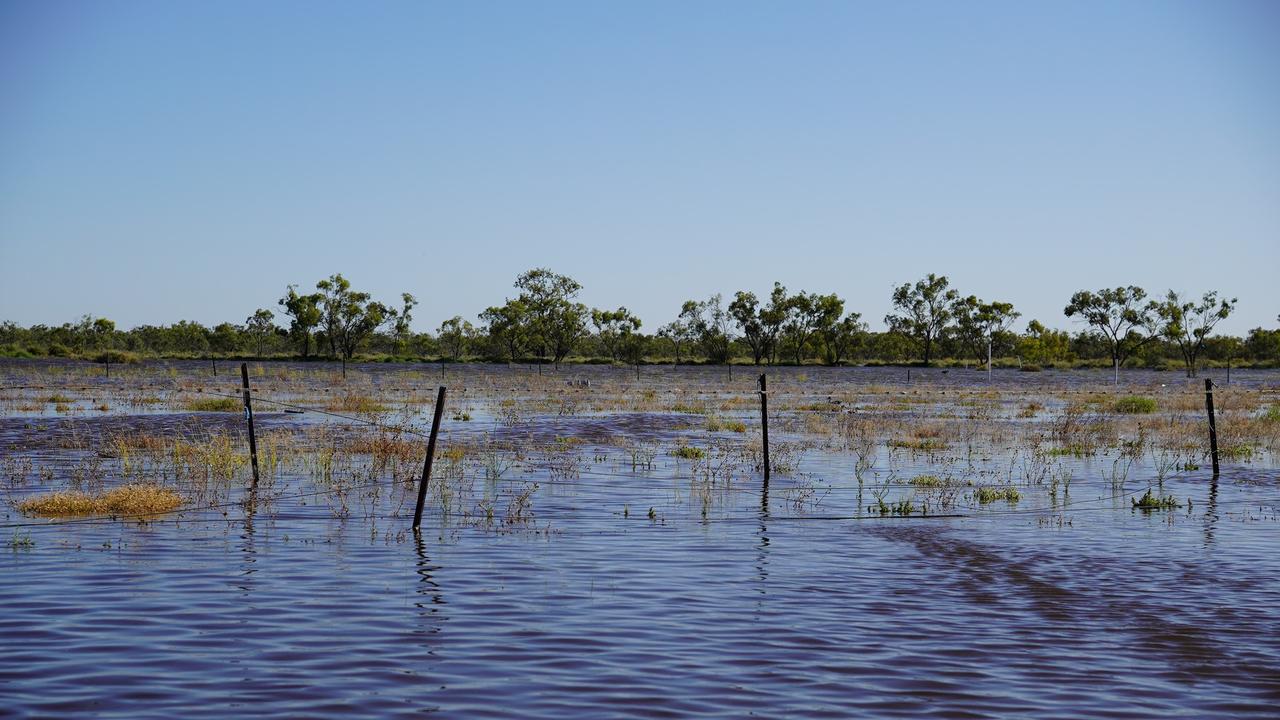Mosquito bite virus detected in far-west NSW as residents warned to protect themselves
The virus, which can cause “serious disease”, was recently detected in one state, leading authorities to reissue a warning to the public.
Health authorities are warning people to protect themselves after a mosquito-borne virus was detected in NSW.
Mosquito populations are thriving in NSW right now after persistent wet, warm weather over the holiday period.
A positive result for Japanese encephalitis (JE) was detected during routine testing in the Menindee in late December.
NSW Health Acting Director of Environmental Health Paul Byleveld said as more people spend time outdoors, it’s important to take steps to reduce mosquito bite risk.
“People should take extra care to protect themselves against mosquito bites and mosquito-borne disease, particularly after the detection of JE in a sentinel chicken in Far Western NSW,” he said.

The sentinel chicken program is used to provide early warning of the presence of serious mosquito borne diseases like JE.
In NSW, mosquitoes can carry a range of viruses including Japanese encephalitis, Murray Valley encephalitis, Kunjin, Ross River and Barmah Forest.
These viruses can cause serious diseases with symptoms ranging from tiredness, rash, headache and sore and swollen joints to rare but severe symptoms including seizures and loss of consciousness.
High risk residents are eligible for a free vaccine to protect against JE infection and people can check their eligibility at Japanese encephalitis vaccination.


Reduce the risk of acquiring a mosquito-borne virus
- Apply mosquito repellent, like Aeroguard, to exposed skin and reapply often. Use repellents that contain DEET, picaridin, or oil of lemon eucalyptus.
- Apply sunscreen first and then apply repellent.
- Wear light, loose-fitting long-sleeve shirts, long pants and covered footwear and socks.
- Avoid going outdoors during peak mosquito times, especially at dawn and dusk.
- Use insecticide sprays, vapour dispensing units and mosquito coils to repel mosquitoes. Note: mosquito coils should only be used outdoors in well-ventilated areas.
- Cover windows and doors with insect screens and make sure there are no gaps.
- Remove items that may collect water such as old tyres and empty pots from around your home to reduce the places where mosquitoes can breed.
- While camping, use a tent that has fly screens to prevent mosquitoes entering or sleep under a mosquito net.
Originally published as Mosquito bite virus detected in far-west NSW as residents warned to protect themselves


